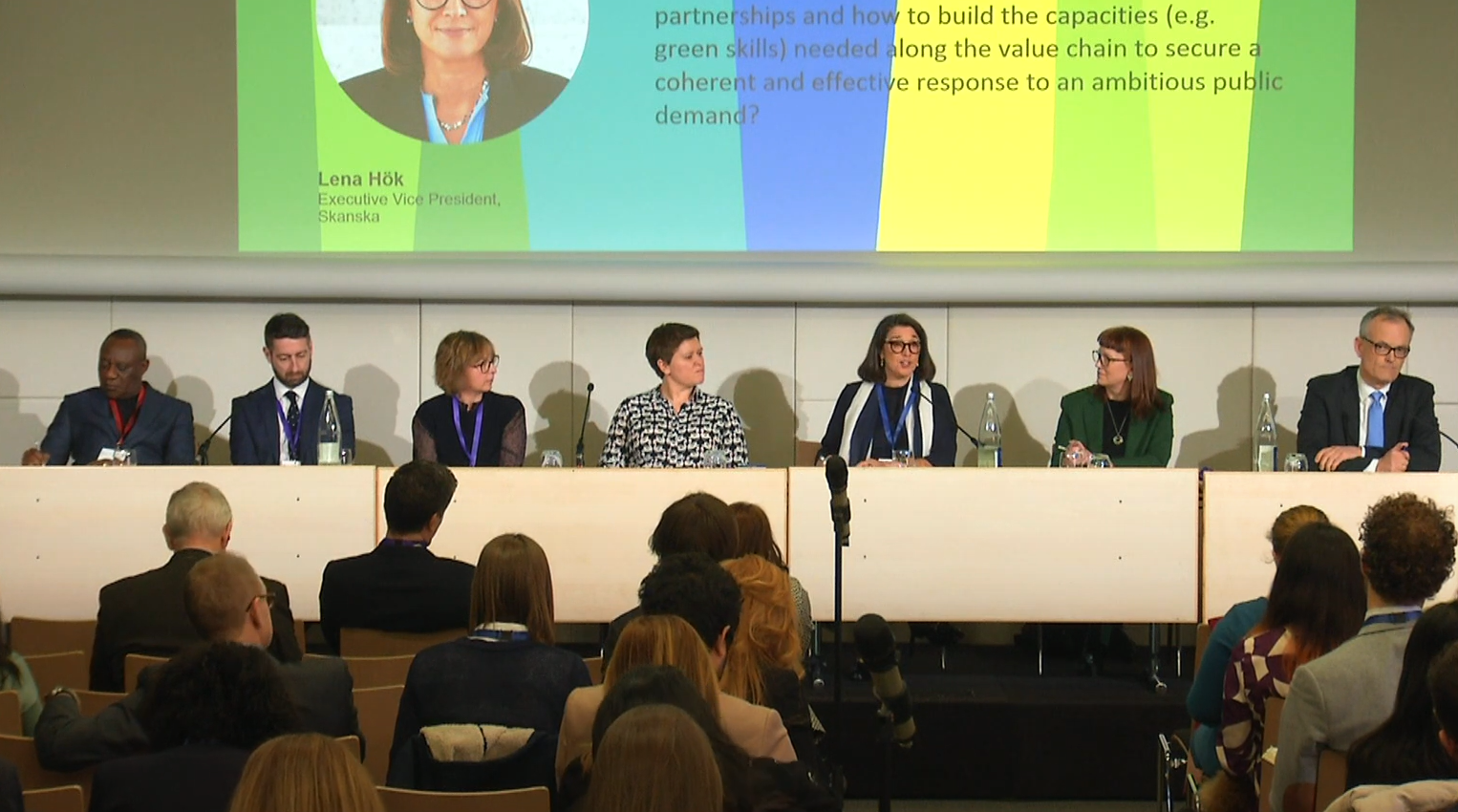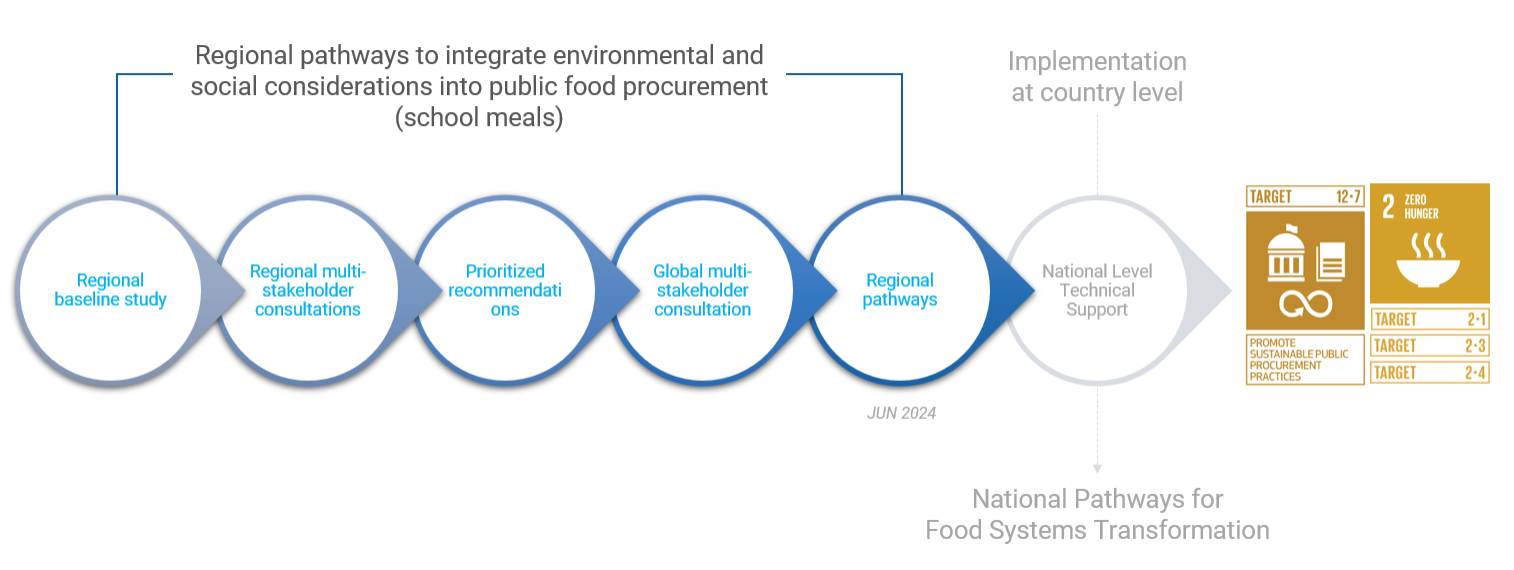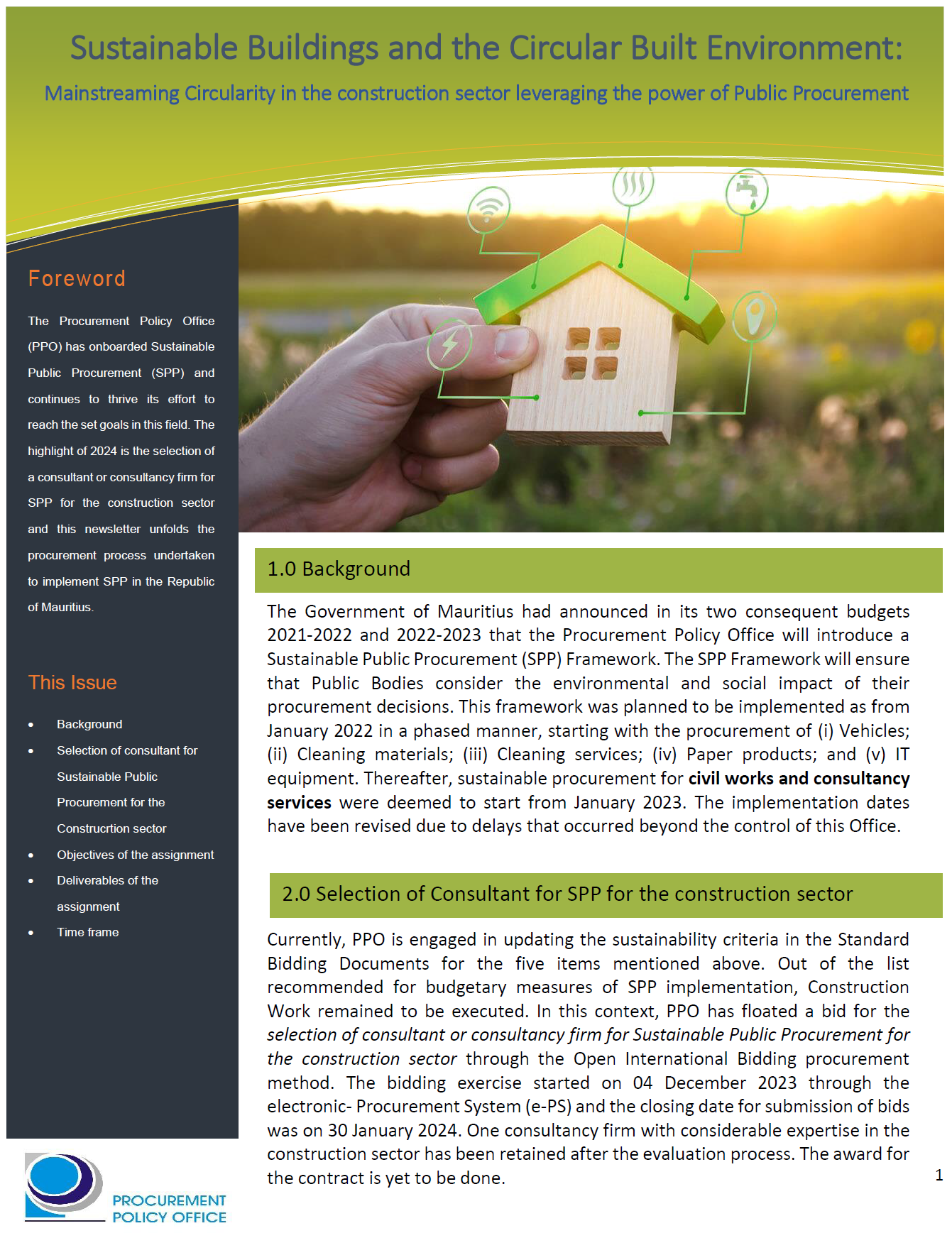Sustainable Diets and Food Systems in Small Island Developing States
The ecosystems of Pacific Island countries are rich in terrestrial and marine biodiversity that would support sustainable diets. Yet people in these countries have the highest rates in the world of obesity and diet-related chronic diseases. In addition, they are among the most vulnerable to climate change and biodiversity loss. This project will directly address sustainable diets as a multisectoral challenge linking agriculture, health and environment for sustainable consumption and production.
The ecosystems and agro-ecological zones of Pacific Island countries are rich in terrestrial and marine biodiversity that would support sustainable diets1 for the populations. Yet the nearly-11 million people in these countries have the highest rates in the world of obesity and diabetes, and other diet-related chronic diseases. Their diets are laden with high fat/high sugar imported convenience foods, and agricultural exploitation is leading to extensive loss of agro-biodiversity and degradation of land. Many of these SIDS are precarious in terms of their vulnerabilities to various manifestations of climate change, and other anthropogenic and natural phenomena.
Various research groups have worked on the development of methods, metrics and indicators to characterise sustainable diets and food systems. These remain largely theoretical, and to date have not been widely applied in order to further develop, validate or use them as tools. The aim of this project is to investigate existing methodological frameworks which address sustainable diets and food systems, and to develop, validate, customise and apply as a tool to the unique ecosystems of Pacific Island countries. The processes employed will include transdisciplinary project design and execution, and multi-sectoral involvement for policy ramifications and development. The tool will be relevant to at least 20 Pacific Island countries and territories, which are among the poorest and most vulnerable to food and nutrition insecurity and the effects of climate change. In addition, it will have relevance to island states around the globe and to low-lying coastal areas in non-island countries that tend to share similar vulnerabilities and challenges. The outcomes will have application to national and regional policies and interventions and to intergovernmental commitments including the Sustainable Development Goals, Aichi Targets, the International Treaty on Genetic Resources for Food and Agriculture, the Code of Conduct for Responsible Fisheries, and more. The originality and innovative nature of the project is that it immediately addresses the issues elaborated in December 2015 by the UN General Assembly (A/70/472/Add.2 - paragraph 11) in the Small Island Developing States Partnership (SIDS) Framework, in accordance with paragraph 101 of the SAMOA Pathway, to monitor and ensure the full implementation of pledges and commitments through partnerships for SIDS. Fieldwork has been undertaken in Kiribati and the Solomon Islands in 2018. One research paper has been accepted for publication in the peer-reviewed Asia Pacific Journal of Clinical Nutrition:
"Quantitative estimates of dietary intake in households of South Tarawa, Kiribati", Paul Eze Eme, Barbara Burlingame, Jeroen Douwes, Nicholas Kim, Sunia Foliaki. Several other papers are under preparation and consideration by journals. Interactions with government ministries has been ongoing in Kiribati and the Solomon Islands. Policies and programmes are being developed and discussed by government officials in Kiribati as a consequence of this research. The work will continue in 2019. Partnerships and funding support are welcome. Contact Barbara Burlingame at b.burlingame@massey.ac.nz
Project start date
01/08/2017
Project end date
30/11/2021


